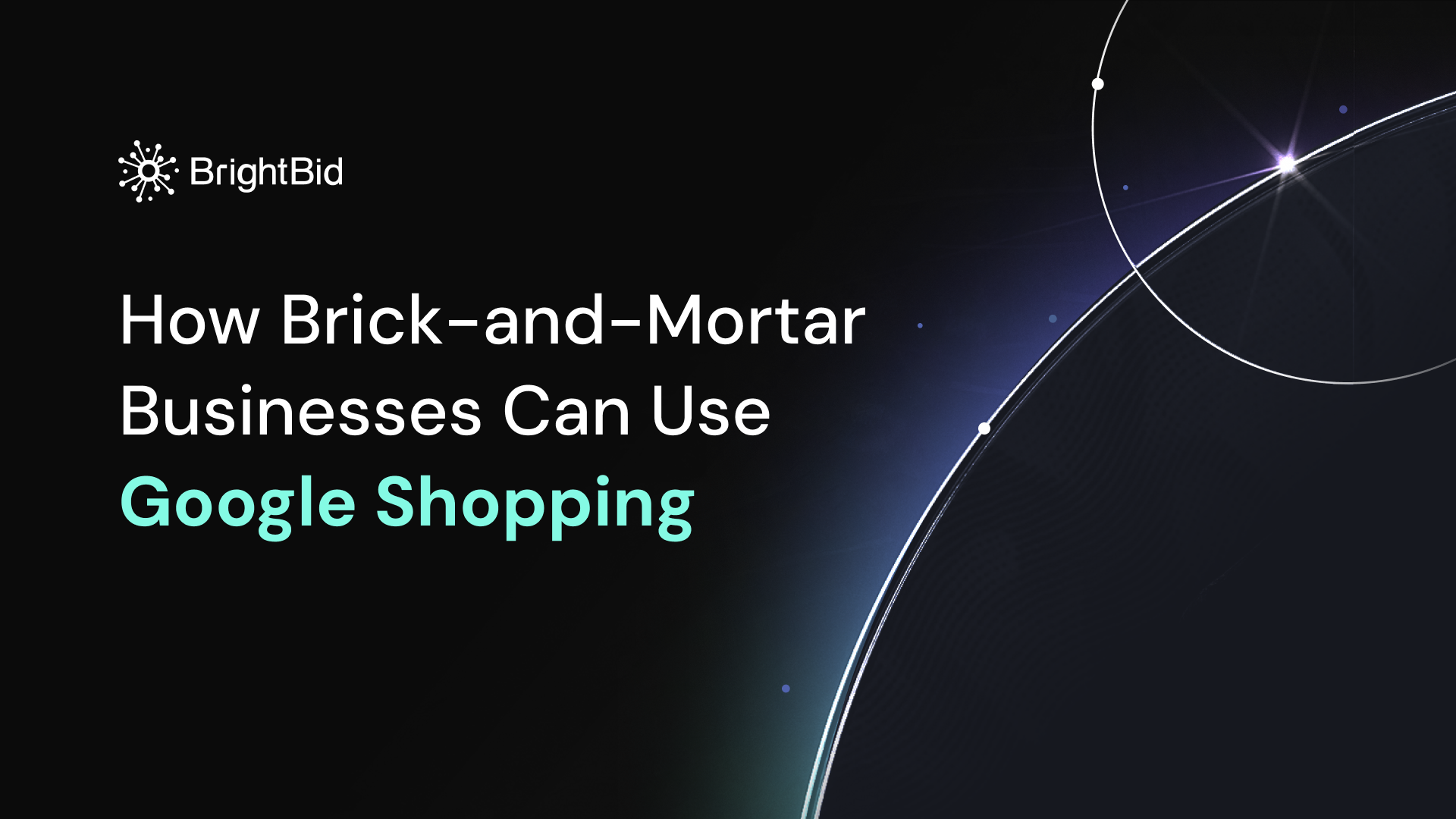The world of digital advertising and marketing is undergoing a revolution, and at the forefront of this change is artificial intelligence (AI). AI is transforming how we target audiences, personalize ad experiences, and optimize campaigns for maximum impact. This guide will delve into the exciting world of AI for digital marketing and advertising, exploring its key benefits, applications, and how you can leverage it for your business.
Table of Contents
What is AI in Digital Marketing?
AI has completely changed how digital marketing operates. It has improved marketing strategies, making them more personalized and powerful. With AI, companies can collect and analyze data, as well as comprehend language and data in ways never seen before. This helps marketers understand customer preferences and behaviors with incredible accuracy. With this knowledge, marketers can develop highly tailored, relevant, and successful marketing campaigns. Let’s take a closer look at how AI is transforming digital marketing.
Hyper-Targeting
AI excels at sifting through massive datasets to identify patterns and characteristics that define the most responsive audience segments for specific marketing campaigns. This process, known as hyper-targeting, ensures that marketing efforts are concentrated on the users who are most likely to be interested in the product or service being offered, thereby increasing the efficiency of marketing spend. Hyper-targeting not only improves customer acquisition rates but also enhances the overall customer experience by reducing irrelevant advertising exposure.
Personalized Experiences
AI analyzes users’ interactions, purchases, and browsing habits to create personalized experiences. This level of personalization strengthens the bond between your brand and consumers, boosting engagement and loyalty. Furthermore, personalized experiences often lead to higher conversion rates, as consumers are more likely to respond positively to content that resonates with their personal interests and needs.
Real-Time Optimization
The digital marketing landscape is incredibly dynamic, with consumer trends and behaviors constantly evolving. AI can quickly analyze and improve marketing plans, which is a big deal. It keeps an eye on how well ads are doing on different platforms and makes changes based on data to make them work even better. This could involve shifting ad spend to better-performing channels, tweaking ad copy or creative elements, or adjusting targeting parameters to hone in on more receptive audience segments. Real-time optimization ensures that marketing campaigns are always aligned with current market conditions and consumer preferences, maximizing return on investment (ROI).
Predictive Analytics
Beyond analyzing current campaigns, AI’s predictive analytics capabilities allow marketers to forecast future consumer behaviors and market trends. By identifying patterns in historical and current data, AI can predict which products or services are likely to see increased demand, enabling businesses to tailor their marketing strategies accordingly. This proactive approach to marketing ensures that businesses remain competitive and can capitalize on emerging opportunities.
Enhance your PPC campaigns with AI
Ai in Digital Marketing Stats: Food for Thought
AI plays a big part in digital marketing. It can be used for different purposes, such as providing a deeper understanding of customers and improving campaigns. As AI gets better, it can make digital marketing even more personalized, efficient, and based on data. AI is not something to be ignored. Here are some stats to back the point:
- 64% of marketers believe artificial intelligence (AI) is crucial for success in the upcoming year, a significant increase of 13% from 2022. This highlights AI as a key focus for the marketing sector.
- 77% of marketers aim to use AI to cut down the time spent on repetitive tasks, making it the most sought-after benefit.
- 98% of marketers are already using AI, showing a broad trend of experimentation and integration. The majority, 45%, are trying out AI, while 29% have made it a part of their daily operations.
- However, 78% indicate that their organizations lack specific AI training or educational programs. 54% have no such programs at all, and 24% are in the process of developing them.
- Responsibility for AI primarily falls on CEOs and CMOs. Yet, CMOs are not keeping pace with other executives in understanding, using, and feeling confident about AI.
The numbers show that more and more marketers are realizing how important AI is for the future of digital marketing. Most people agree that AI is crucial for success and can make things easier by cutting down on repetitive tasks. It’s clear that AI is becoming more and more influential.
Nevertheless, even with the excitement, there is a catch. Some companies do not offer enough training and education on AI. This shows that we need to focus on developing these skills quickly. Moreover, there is a contrast in how confident Chief Marketing Officers (CMOs) are in using AI compared to other leaders.
This shows how important it is to have leadership training in this field. As AI improves, we should fully accept it and make sure all leaders understand it well to change digital marketing strategies completely.

How Do Digital Marketers Use AI?
Digital marketers leverage AI across various touchpoints to improve campaign performance and efficiency. Here are some key ways AI is used:
- Audience Targeting and Segmentation: Digital marketers utilize AI-powered algorithms to sift through extensive datasets containing demographic, psychographic, and behavioral information. By analyzing this data, AI identifies patterns and characteristics indicative of high-converting customer profiles. This allows marketers to precisely target their advertising efforts towards audiences most likely to engage with their products or services. AI continuously refines these targeting parameters based on real-time feedback, ensuring campaigns remain relevant and effective.
- Content Personalization and Optimization: AI-driven content personalization goes beyond mere demographic segmentation. It involves dynamically tailoring ad creatives, messaging, and landing page experiences to match the preferences and interests of individual users. Through techniques such as natural language processing (NLP) and predictive analytics, AI assesses user interactions, browsing history, and past engagement to deliver hyper-personalized content in real-time. This level of customization enhances user engagement and conversion rates by providing a more tailored and compelling user experience.
- Bidding and Optimization Strategies: AI-powered bidding algorithms automate the process of finding the optimal bids for ad placements across various digital channels. These algorithms consider factors like keyword competition, audience response, and historical performance data. They make real-time bidding adjustments to maximize efficiency. By continually analyzing performance metrics and market dynamics, AI ensures that ad spend is strategically allocated, leading to a higher ROI and the achievement of campaign objectives within budget constraints.
- Fraud Detection and Prevention: Fake clicks and fake views in the world of online advertising can have a huge impact on a campaign’s performance and cost advertisers millions of dollars. AI fraud detection systems use sophisticated computer programs to identify unusual patterns and actions that indicate fraud. These systems track how people interact with ads and where traffic originates, allowing them to detect and stop fraudulent clicks, views and actions in real-time. This helps protect advertisers’ money and ensure online advertising is fair to all.
- Reporting and Analytics Enhancement: AI provides digital marketers with powerful reporting and analytics tools that allow them to extract actionable insights from large data sets. AI aggregates and analyzes data across multiple platforms, including ad platforms and website analytics tools, as well as CRM systems. As a result, AI creates detailed performance reports and recommendations that help marketers understand campaign performance, identify areas of improvement, and make actionable decisions based on data to improve future strategies and maximize return on investment (ROI).
So, AI is a powerful tool for digital marketers to make their lives easier, reach the right audience, and improve their marketing efforts. It helps marketers speed up processes, improve results, and generate new and innovative ideas for digital marketing.
AI in Digital Marketing: How to Start
Incorporating AI into digital marketing activities can greatly enhance efficiency, effectiveness, and ultimately, results. Here are some tips on where to start and how to use AI in digital marketing:
- Define Clear Objectives: Determine what you aim to achieve with AI in your digital marketing strategy. Whether it’s improving lead generation, enhancing customer experience, or optimizing ad performance, having clear objectives will guide your AI implementation.
- Identify Data Sources: AI relies heavily on data. Identify the data sources relevant to your marketing efforts, such as customer interactions, website analytics, social media data, etc. Ensure that these data sources are accessible and properly organized for AI analysis.
- Choose the Right AI Tools: There are various AI tools available for different aspects of digital marketing, such as predictive analytics, natural language processing (NLP), sentiment analysis, and recommendation engines. Research and select tools that align with your objectives and data sources.
- Implement Marketing Automation: AI-powered marketing automation platforms can streamline repetitive tasks such as email marketing, social media posting, and ad campaign management. Look for platforms that offer advanced segmentation, personalization, and optimization features.
- Utilize Predictive Analytics: Predictive analytics can help you forecast future trends and behaviors based on historical data. Leverage predictive models to anticipate customer needs, identify potential leads, and optimize marketing strategies accordingly.
- Enhance Personalization: AI enables hyper-personalized marketing experiences by analyzing customer data and delivering tailored content, recommendations, and offers. Implement AI-driven personalization across channels like email, website, and advertisements to improve engagement and conversions.
- Optimize Content Creation and Curation: AI-powered tools can assist in content creation by generating insights on trending topics, optimizing headlines, and even generating entire articles or product descriptions. Additionally, AI can curate content relevant to your audience’s interests and preferences.
- Improve Customer Service with Chatbots: AI-powered chatbots can provide instant support to website visitors, answer frequently asked questions, and even handle basic transactions. Integrate chatbots into your website and social media platforms to enhance customer service and engagement.
- Monitor and Analyze Performance: Continuously monitor the performance of your AI-driven marketing initiatives and analyze the results. Identify what works well and what needs improvement, and iterate accordingly to optimize your strategies over time.
- Stay Updated and Experiment: The field of AI in marketing is rapidly evolving. Stay updated on the latest trends, technologies, and best practices. Don’t hesitate to experiment with new AI tools and techniques to discover innovative ways to enhance your digital marketing efforts.
Integrate AI strategically into your digital marketing activities to unlock new opportunities for growth, efficiency, and customer satisfaction.


AI in Digital Marketing: Pros and Cons
AI is changing the game for digital marketing, giving businesses a toolbox to reach even higher levels. However, it’s crucial to know all the pros and cons of this technology to apply it correctly in your digital marketing activities.
Pros: Supercharging Your Marketing Campaigns
- Boosting ROI: AI works like a never-ending optimizer, sifting through billions of data points to find the best ways to optimize your campaigns. The result? Better ad performance, more conversions, and a higher ROI.
- Sharpshooter Targeting: Imagine you can target your perfect customer with absolute precision. With AI, you can analyze user information and demographics to build highly targeted campaigns, eliminating wasted ad spend targeting irrelevant audiences.
- The Power of Personalization: Whether it’s ad copy, product recommendations or email marketing, AI can tailor your messages to resonate with your audience on a personal level. The result is more engagement and loyalty to your brand.
- Automation: AI automates repetitive processes such as advertising bidding, campaign optimisation, social media scheduling, and more, freeing up valuable time for your marketing team to focus on innovation and strategic planning.
- Unveiling Customer Secrets: AI is great at uncovering hidden patterns and insights in your customer data. These insights help you make data-informed decisions about your marketing strategy, product innovation and overall customer experience.
Cons: Navigating the Challenges of AI
- Data Dependence: AI is only as good as the data it’s fed. Low-quality or insufficient data can lead to inaccurate targeting and ineffective personalization. Ensuring clean and comprehensive data is crucial for success.
- The Job Automation Conundrum: There’s also concern that AI could take over some marketing functions that are currently done by people. Automation will likely take care of repetitive tasks, but the human element will still play a role in creativity, strategic planning, and relationships.
- Privacy Tightrope Walk: Privacy issues arise when large data sets are used. Marketers need to be open and honest about how they collect data and make sure they’re following all relevant laws. It’s about building trust.
- Black Box Blues: Some AI models can be complex and opaque, making it difficult to understand how they arrive at specific decisions. This lack of transparency can be problematic, especially when it comes to bias or fairness in targeting and personalization.
Remember, AI is a tool, and like any tool, it’s most effective when used responsibly and with a clear understanding of its limitations.
Enhance your PPC campaigns with AI
5 Ways AI Is Being Used in Marketing
Nowadays, AI is becoming more and more crucial in the marketing world. Businesses of all sizes are using AI to stay ahead of the competition, make their processes more efficient, and provide customized experiences for their customers. How do companies make AI work exactly? To better understand that, see the five examples of AI in digital marketing below.
1. Personalized Customer Experiences
Netflix
Netflix’s use of AI to personalize viewing recommendations is a prime example of AI-driven marketing. By analyzing vast amounts of data on user behavior, preferences, and viewing patterns, Netflix’s algorithms suggest shows and movies that users are likely to enjoy. This not only enhances the user experience but also increases engagement and retention rates, showcasing the power of personalized marketing.
2. Chatbots and Customer Service
Sephora
Beauty giant Sephora has embraced AI through its chatbot service, which offers personalized beauty advice and product recommendations. By interacting with customers in real-time, Sephora’s chatbot provides a tailored shopping experience, recommends products based on user preferences, and answers queries instantly. This AI-driven approach has revolutionized customer service, making it more efficient and user-friendly.
3. Automated Translation and Market Expansion
Amity
Amity, a global technology company, faced challenges in its B2B sector due to irrelevant clicks from the launch of ChatGPT. They sought BrightBid’s help to refine paid search campaigns. BrightBid eliminated irrelevant search terms, adjusted bids, automated copy creation and translation, and paused irrelevant keywords, leading to a more targeted audience reach and higher conversion rates. This resulted in a 47% decrease in cost per lead and a 39% increase in sales accepted leads, with a 34% decrease in cost per click. Initially focusing on five tough markets, BrightBid exceeded Amity’s target by significantly lowering costs beyond 20%. Amity then expanded BrightBid’s mandate to cover all 69 markets they operate in.
4. Predictive Analytics
Starbucks
Starbucks uses AI-driven predictive analytics to offer personalized recommendations to its customers through its mobile app. By analyzing data on past purchases, location, time of day, and even weather conditions, Starbucks can suggest items that a customer is likely to purchase. This not only enhances the customer experience but also boosts sales through targeted upselling.
5. AI-Driven SEO
HubSpot
HubSpot, a leading inbound marketing platform, utilizes AI to optimize SEO strategies. AI tools analyze search trends, keyword effectiveness, and content relevance, helping marketers optimize their content for better search engine rankings. By using AI to understand and adapt to the ever-changing algorithms of search engines, HubSpot ensures that its users’ content remains visible and relevant.
AI in Digital Marketing: Embracing the Inevitable
Artificial intelligence (AI) is no longer a far-fetched concept. It’s a practical technology that’s transforming the marketing world.
From personalized recommendations and streamlined customer support to cutting-edge content and strategic analysis, AI allows you to engage with your audiences more meaningfully. As technology advances, so will the ways marketers use AI, ushering in a new era for the industry.
Also, don’t forget to check out these blog posts with useful tips and strategies on how to use AI in digital marketing and e-commerce:
- How to Use Google Gemini AI in E-Commerce
- What is Artificial Intelligence as a Service (AIaaS)?
- 4 Tactics to Run Solid AI-Powered Search Campaigns
- How to Measure AI Performance in Marketing
- How to Do AI Prompts for PPC Ad Copy with ChatGPT, Bard, and Bing Chat
- How to Use AI for B2B Marketing and Google Advertising
- AI and Voice Search: How to Optimize Your Ad Strategy
- How to Create and Manage Ad Assets with Generative AI Tools
- 10 Tips for Using AI to Scale Google Ads Campaigns in International Markets
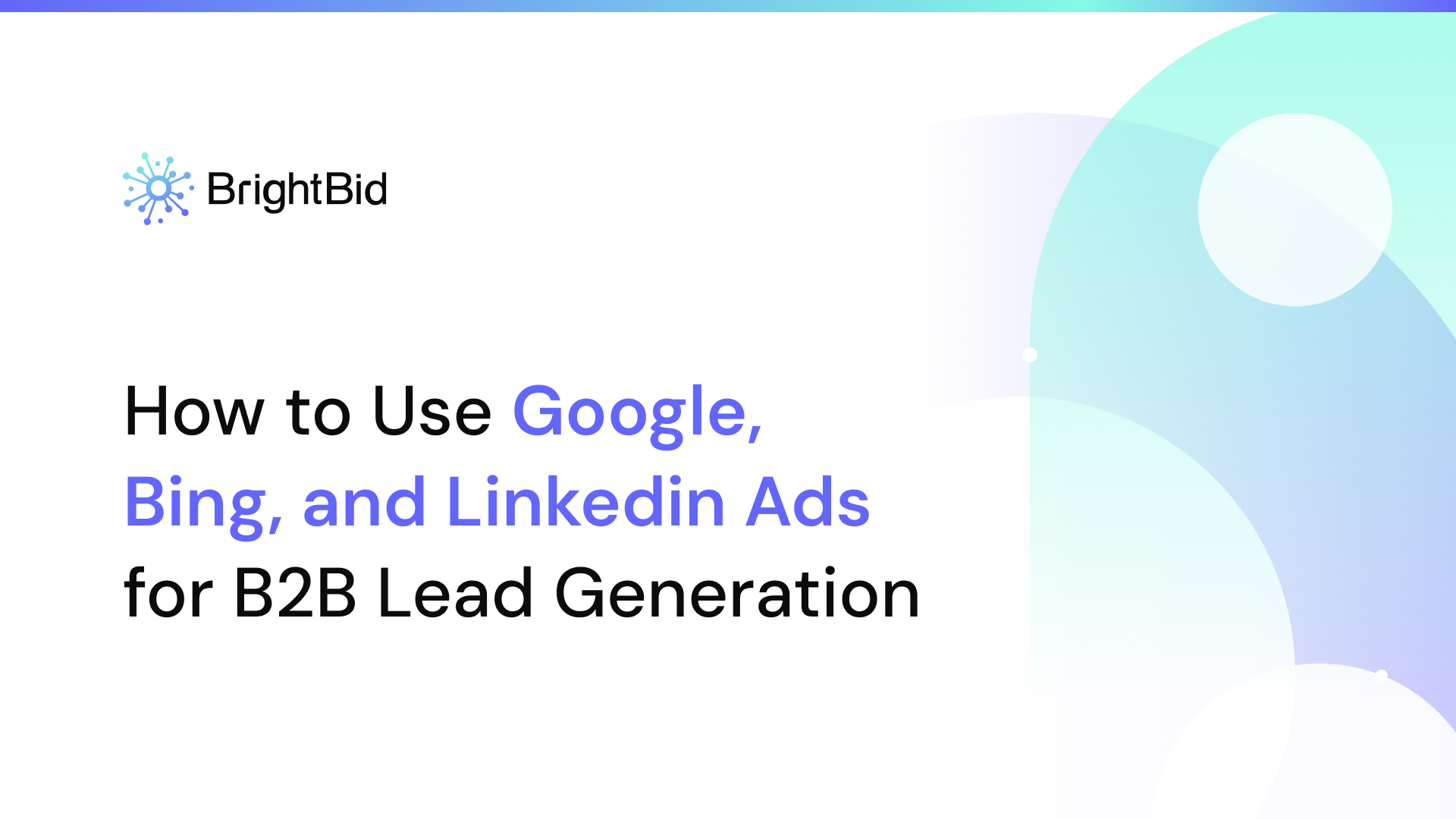
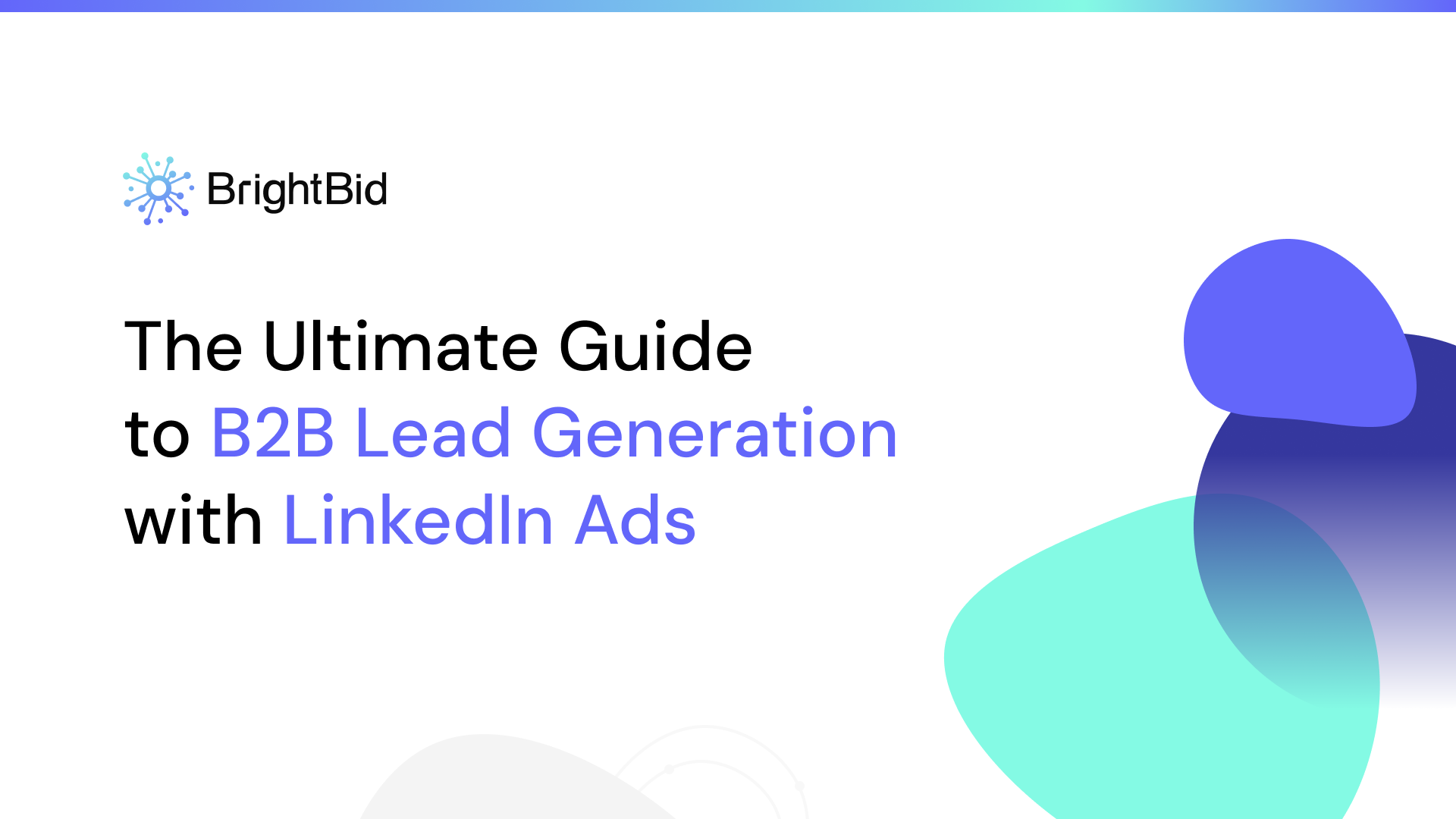
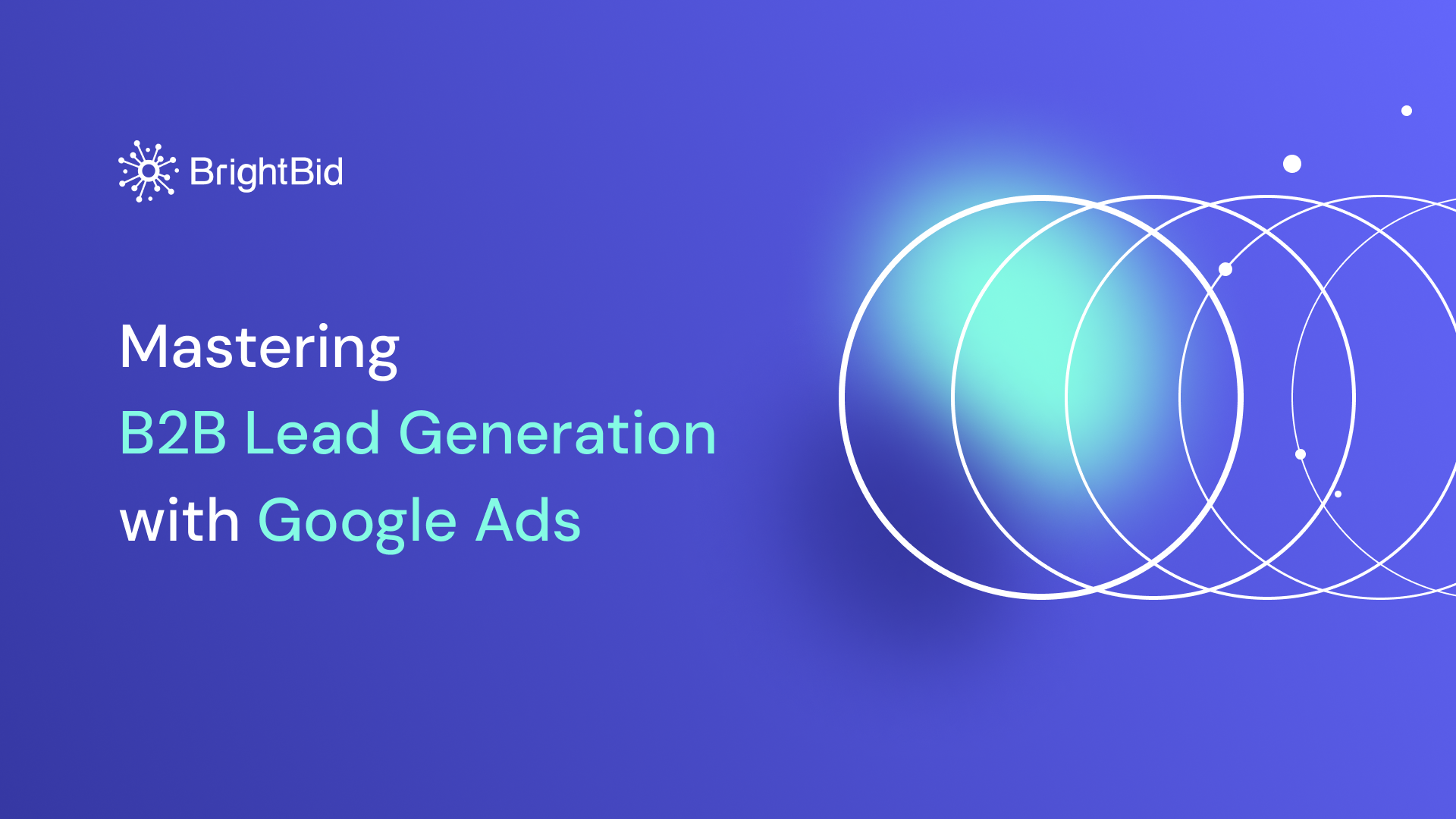 ” />
” />
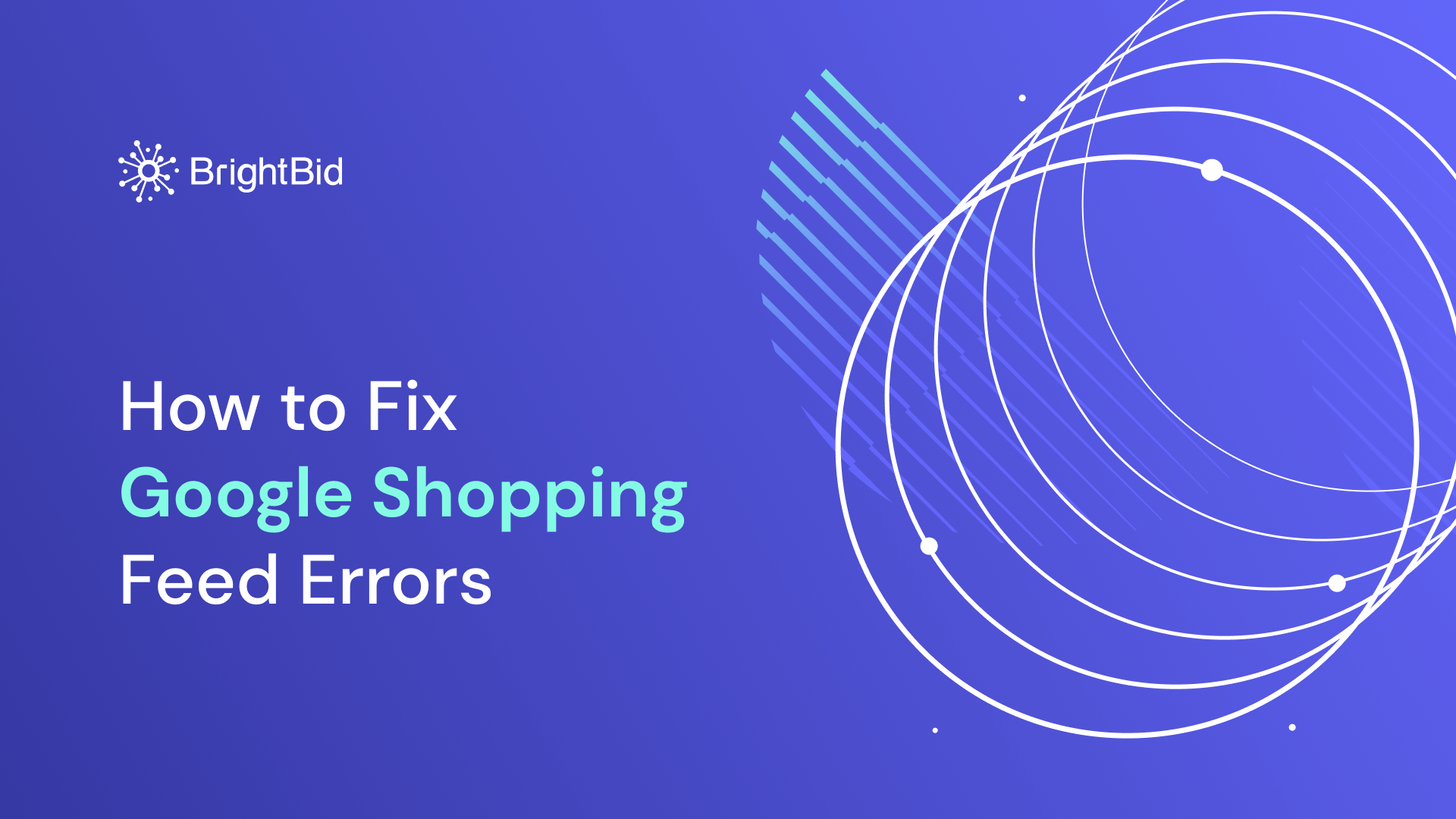
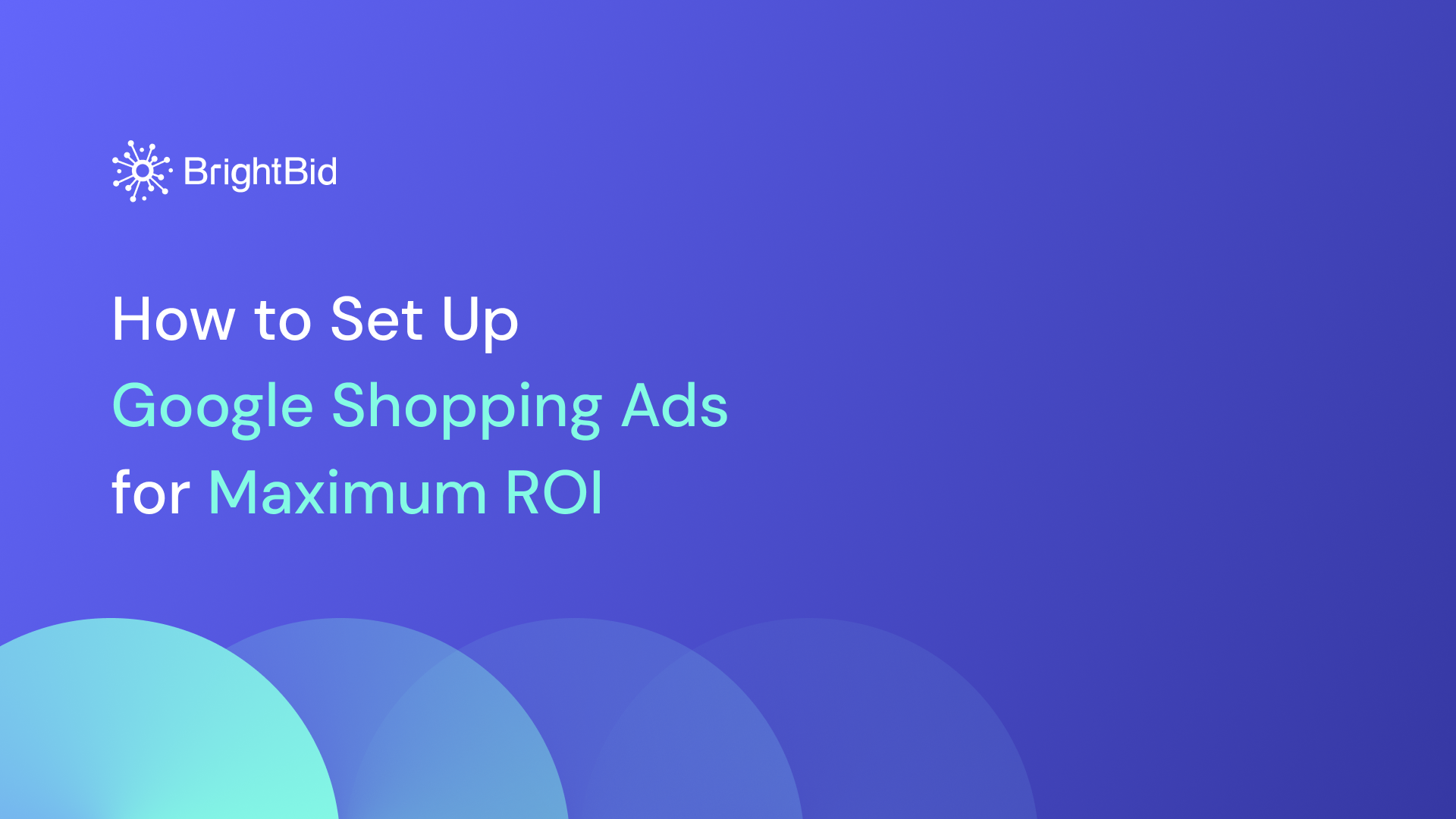 ” />
” />

